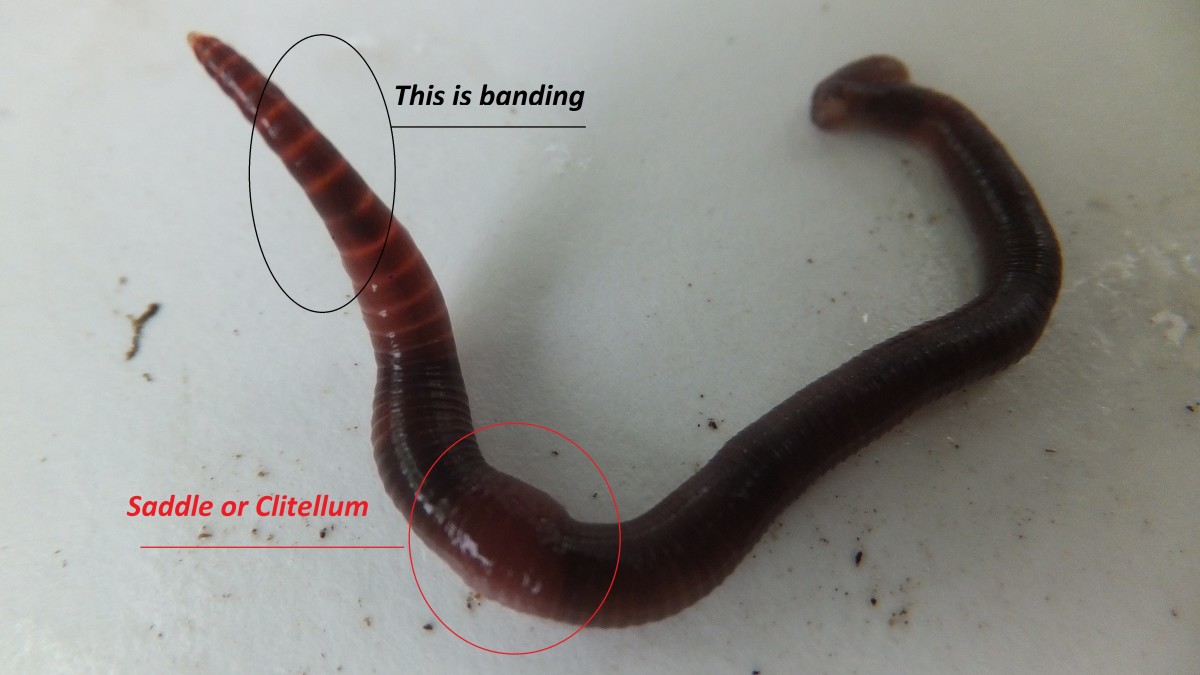Red Wiggler Express: Premium Bait for a Successful Fishing Day
Wiki Article
Red Wigglers: The Unsung Heroes of Organic Waste Recycling
Red wigglers, or Eisenia fetida, act as essential agents in the natural waste reusing process, changing discarded materials into important vermicompost. Their reliable breakdown of natural issue not just improves dirt top quality however also adds to sustainable waste management practices. As the globe increasingly looks for options to combat waste accumulation and boost farming productivity, recognizing the role of these worms comes to be vital. What mechanisms enable them to prosper in compost settings, and exactly how can they be successfully made use of in both property and industrial settings? Exploring these questions exposes the broader effects of vermicomposting in our ecological landscape.What Are Red Wigglers?
The remarkable resilience of red wigglers, medically recognized as Eisenia fetida, highlights their essential duty in organic waste recycling. These small, reddish-brown earthworms are commonly discovered in disintegrating natural matter, such as compost heap and manure loads. Lake Hickory Bait. Unlike other earthworm varieties, red wigglers grow in nutrient-rich atmospheres and are highly efficient at damaging down organic materials, making them important for vermicomposting
(Lake Rhodhiss Bait)Along with their role in waste reduction, red wigglers contribute to dirt health and wellness by boosting dirt framework and oygenation via their burrowing activities (Lake Hickory Bait). Their visibility in composting systems not just boosts disintegration prices yet additionally advertises a lasting strategy to squander administration, showing their importance in environmental conservation initiatives
Benefits of Composting With Worms
Composting with worms, particularly red wigglers, provides countless advantages that boost both waste administration and soil health and wellness. Initially, these worms successfully damage down natural waste, transforming it into nutrient-rich vermicompost that enriches dirt. This procedure speeds up disintegration, enabling for a much faster recycling of cooking area scraps and various other natural materials contrasted to traditional composting techniques.Furthermore, the vermicompost generated by red wigglers is including beneficial bacteria, which aid boost dirt structure, aeration, and dampness retention. This improves the general wellness of plants, advertising vigorous growth and increased returns in gardens and farming setups. Moreover, the use of worms in composting reduces the production of greenhouse gases, such as methane, adding to a more lasting waste administration system.

How to Beginning Vermicomposting
Establishing a vermicomposting system is a simple procedure that can yield substantial benefits for both waste administration and dirt enrichment. To start, select an appropriate container, such as a plastic container or wooden box, with sufficient air flow openings to guarantee proper air flow. The dimensions should preferably be about 2 feet by 3 feet, enabling ample space for the worms to thrive.Following, prepare bed linens product, which can include shredded paper, cardboard, or coconut coir. This bed linens needs to be dampened to develop a suitable habitat for the worms. When the bed linens is in place, introduce red wigglers (Eisenia fetida) right into the bin, usually around one pound of worms for every single square foot of surface.
Complying with the positioning of worms, add natural waste, such as vegetables and fruit scraps, coffee premises, and smashed eggshells. Avoid adding milk, meat, or oils, as these can develop smells and attract parasites. Finally, position the container in a shaded, temperature-controlled area to maintain ideal problems for worm activity. With these steps, you will successfully start a vermicomposting system that adds to lasting waste management and enhances your dirt.
Maintaining a Healthy And Balanced Worm Container
(Red Wiggler Express)Keeping a worm bin prospering requires routine attention and like guarantee the wellness of the red wigglers and the efficiency of the composting process. Proper maintenance begins with keeping an eye on the moisture degrees; the bin needs to be wet but not soaked. A great guideline of thumb is to maintain a consistency similar to a wrung-out sponge.Aeration is vital also. Delicately mixing the bed linen and food scraps every few weeks stops compaction and ensures that all worms have access to oxygen. Additionally, it is very important to feed the worms suitably. A balanced diet plan of fruit and vegetable scraps, coffee premises, and smashed eggshells must be provided in moderation to prevent overfeeding, which click here to read can cause smells and pests.
If the container comes to be also hot or cool, the worms might end up being worried. By carefully taking care of these elements, one can preserve a robust and effective worm bin.
Effect On Lasting Living
The effective upkeep of a worm container not just profits the health and wellness of red wigglers however additionally adds considerably to sustainable living methods. By recycling organic waste, such as kitchen area scraps and yard particles, red wigglers help divert significant quantities of product from garbage dumps. This decrease in waste not just reduces greenhouse gas exhausts but also minimizes the environmental concern related to waste monitoring.Moreover, the spreadings produced by red wigglers offer as a nutrient-rich organic plant food, improving soil health and advertising plant development. This natural alternative to chemical fertilizers sustains sustainable farming and gardening practices, reducing dependence on synthetic inputs that can hurt ecological communities. In addition, worm composting cultivates understanding of waste administration, motivating individuals and communities to adopt more sustainable practices.

Verdict
In summary, red wigglers offer as crucial factors to natural waste recycling through their efficient decay of organic materials. By integrating vermicomposting right into waste monitoring approaches, people and areas can significantly reduce waste while advertising environmental sustainability.Report this wiki page